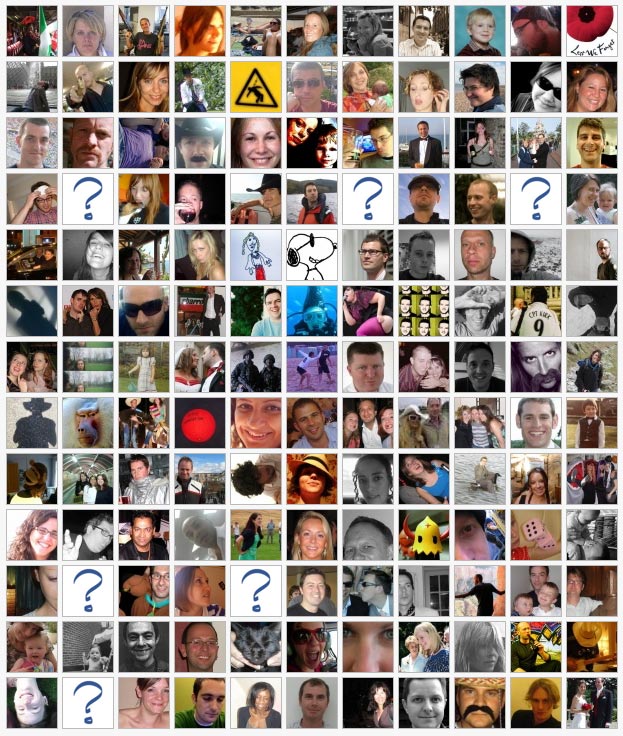Organic is dead.
Beginning January 2015, Facebook will limit organic distribution of promotional brand content. The move, announced November 14th, involves the implementation of a new algorithm that will filter out posts that push people to buy, enter a sweepstakes, or simply recycle the same content used in paid promotions. In a blog post published Friday, Facebook announced that the intention of the change was to “increase the relevance and quality of the overall stories” that users encountered on the platform.
In a survey conducted through the platform, Facebook claims to have discovered that, “a lot of the content that people see as too promotional is posts from Pages they like, rather than ads.” Facebook reports that the goal of is to make the newsfeed a friendlier place by serving more relevant content to users by limiting the number of promotional, organic posts that appear in user’s news feeds.
The decision is strategic. Facebook boasts over 1.12 billion mobile users, contributing 66 percent of its ad revenue. At the close of Q3 2014, Facebook announced $3.203 billion in revenue, with advertising revenue increasing 64% year over year. Facebook has said that this change “will not increase the number of ads people see in their News Feed.” Assuming that the change will increase demand for paid media, it is safe to say that marketers will see a significant rise in the cost of advertising on Facebook.
So what does this mean for brands looking to tap into the online community to promote products and offerings?
The change comes at a critical point in social media advertising. In an earlier post published to this blog, we explored reasons why organic media is no longer an effective use of resources. Facebook’s latest announcement is affirmation that organic promotions are not viable. Instead, staying relevant means brands have to pay to play.
Brands need to become smarter about where they invest their marketing dollars. The latest changes in the Facebook algorithms will not be the last. If Facebook’s third quarter numbers are any indication, the company is poised to see a significant increase in ad revenue along with a rise in the demand for precious advertising real-estate. In an industry where knowledge is power, the more brand decision makers know about the nuanced demographics, psychographics, interests and language structures unique to different segments within their target audience, the more effective they will be as they implement projects and campaigns.
Brass tacks? Beginning January 1, brands should expect to get what they pay for on Facebook.
Interested in learning how you can use audience intelligence to maximize your resources this holiday season? Check out our limited time Holiday Intelligence Report package for a deep dive into your current, and competitive, customers; or, request a demo below.



Recent Comments